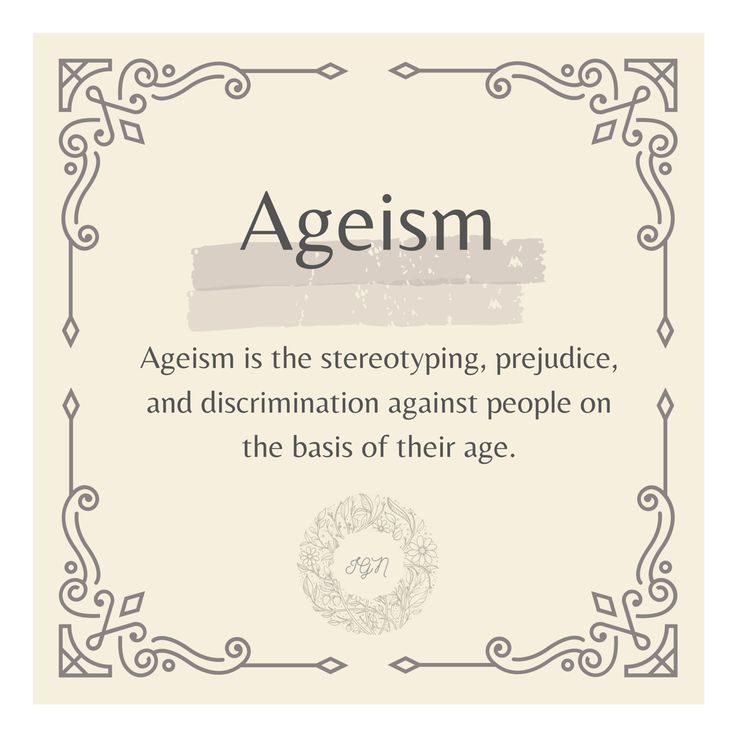
The name Arenberg has a rich history rooted in European nobility. It originates from the House of Arenberg, a aristocratic family that played a significant role in the history of the Holy Roman Empire and later in the Low Countries.
The House of Arenberg traces its lineage back to the 12th century, with its ancestral seat in Arenberg, a small town in the Eifel region of what is now Germany. The family’s name is derived from this location, which literally means “Eagle Mountain” (Aar = eagle, Berg = mountain in German).
Over centuries, the Arenbergs rose to prominence through strategic marriages, military service, and political acumen. They held various titles, including Counts, Princes, and eventually Dukes of Arenberg. The family’s influence extended across modern-day Germany, Belgium, and France.
The Duchy of Arenberg was created in 1644 by Emperor Ferdinand III, elevating the family’s status within the nobility of the Holy Roman Empire. Despite the dissolution of the Holy Roman Empire in 1806 and the loss of their sovereign status, the Arenbergs maintained their ducal title and continued to be influential in European high society.
Today, the name Arenberg is associated with various cultural and historical institutions. The Arenberg Foundation, established by the family, supports scientific research and cultural preservation. The Arenberg-Nordkirchen University in Germany also bears the family name, reflecting their historical patronage of education and the arts.
While primarily a surname, Arenberg has occasionally been used as a given name, often in families with historical connections to the noble house or the region. The name carries connotations of nobility, history, and European heritage.




